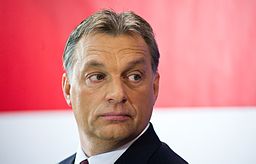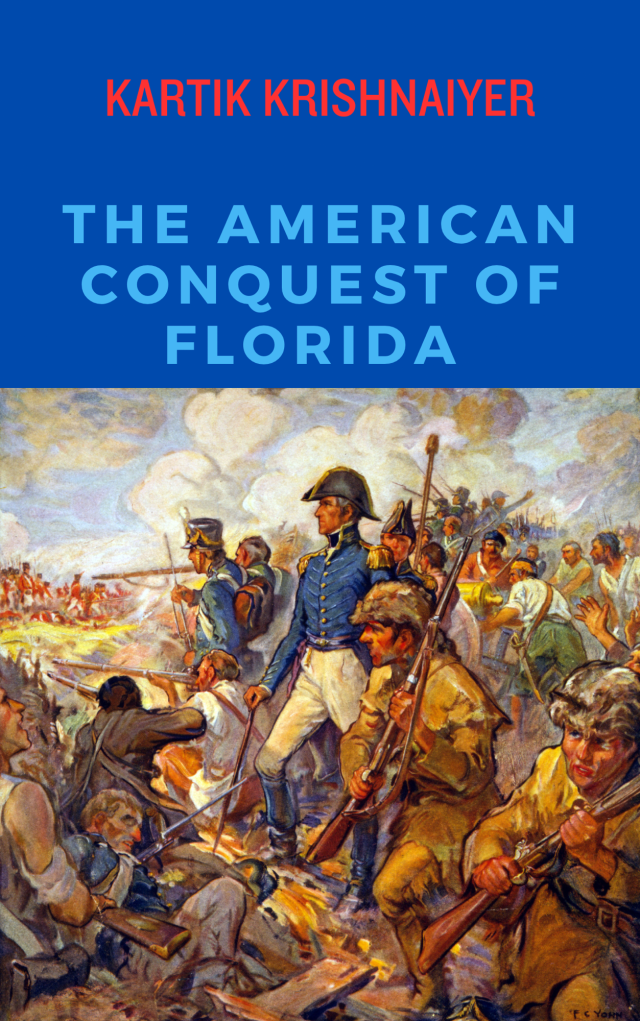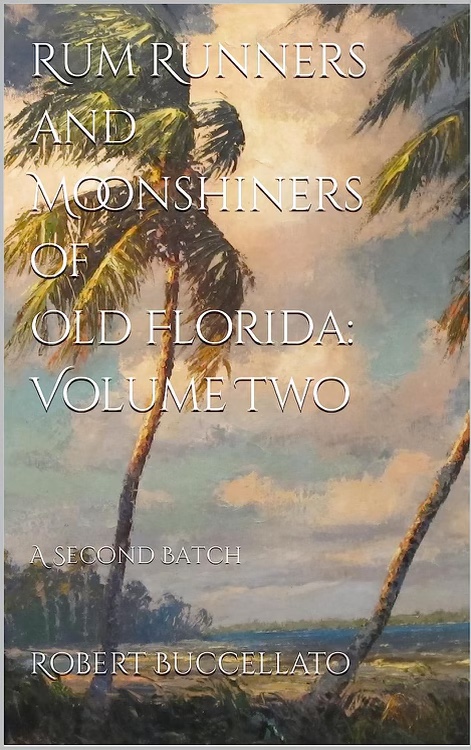
By Európa Pont (Flickr: EC13) [CC BY 2.0 (http://creativecommons.org/licenses/by/2.0)%5D, via Wikimedia Commons
On Inauguration Day, I tweeted the following which I believe defines this dangerous era we have entered.
In this era, faux-nationalism *might* be replacing radical religion as the most dangerous element in global society. Worth thinking about.
— Kartik Krishnaiyer (@kkfla737) January 20, 2017
In a world grappling with globalization, modernity and largely free movement of people’s, paranoia and fear has become a pushback articulated by fringe right-wing elements throughout the globe.
The precedent setting right wing nationalist is Hungary’s Viktor Orban (pictured above). The initial ascension of Orban to Hungarian Premiership in the late 1990’s coincided with Slobodan Milosevic’s last throngs of relevance in Serbia and rise of Vladimir Putin in Russia on the backs of Milosevic’s defeat to the Tony Blair-pushed and US-led NATO military action in Kosovo and the damage to Russian pride that had inflicted. Russia’s traditional role as protector of the Slavs of the Balkans had not prevented the West from ultimately interfering in Serbia’s affairs, though many like myself would argue the actions took place later than it should have, perhaps to placate Putin’s predecessor Boris Yeltsin who in many ways was a stooge of the West.
The emergence of ultra-nationalists in Eastern Europe also led to a rise in racism, anti-Semitic (bordering on Holocaust denial or justification) and a form of tribalism.
The migration of many immigrants and refugees to Western Europe has increased the popularity and race-baiting coming from what were long marginal right-wing parties. Marine LePen in France inherited a mantle created by her father that could never push past an extreme fringe of 15-20% of the electorate in its best days. Nigel Farage, Donald Trump’s closest foreign adviser was long viewed as a kooky joke by those on the left and the right in the UK – an extremist whose desire for “independence” did not match the realities of 21st Century European integration. However, in time Farage won the day and now the UK is on its way out of the European Union and is entering an unknown and uncharted world.
Farage’s coalition that carried the day in June’s Brexit referendum was largely motivated by ethnic and tribal considerations. For some it was the presence of Muslims in places like Bradford and Leicester (who ironically emigrated to the UK prior to the EU’s free movement principle which was implemented in the 1990’s) and for many others it was the number of Eastern European immigrants, particularly from Poland that were at issue. This is ironic given that a Polish presence has been active in the UK since World War II and Polish exiles fought valiantly alongside British soldiers in defending Great Britain and then in the battles on the Western, North African and Italian fronts in the war. The war is a major part of the British national identity but it has become convenient for the right wingers who push a heroic defiant “British” (or in many cases simply English) mythology of that time to forget the sacrifices of Poles in the war.
LePen’s emergence as a serious contender in France has been achieved on similar themes as Trump, however played more overtly and over a longer period. She has hit hard on the issue of Muslim migration to France (largely from former French colonies in North Africa) and unlike her father has achieved a consensus on the right regarding this issue. In nation’s lauded for tolerance such as the Netherlands, Denmark and Sweden, what were fringe right wing movements are now taking advantage of the immigration issue particularly with Muslims coming to those countries in big numbers.
In India, Hindu fundamentalist Prime Minister Narendra Modi resembles the fringes of Western Europe, but unlike those parties, has seemingly made his movement mainstream.
Modi combines a rock star, entertainment-type telegenic figure with a religious bigot. His election as Prime Minister in 2014 has heightened tensions with Pakistan while empowering religious fundamentalists to attack the nation’s large Muslim minority. Trump’s perceived Modi links have made him popular among conservative Indian-Americans and his style reflects similarities to how Modi governs.
Now this wave of pseudo-nationalism, which I would term as faux-nationalism has spread to the United States. Often in the past the USA has set the global tone for paranoid, isolationist and racist movements. Having been trumped (no pun intended) by those across the pond, now it seems the right in this country wants to reclaim the mantle.
Donald Trump provides the global isolationist, racist and tribal movement with a titular leader. He seems thus far in his tenure willing to accommodate them with the type of fiery ideological rhetoric we saw spread throughout the globe in the 1920’s and 1930’s.
However, it is worth noting that this sort of rhetoric does not fit the the playbook of the establishment Republican Party. While in Europe fringe third and fourth party movements have hosted the right-wing populist politicians we speak of above, in the US, a mainstream political party was co-opted by this movement. Based on early indications the intellectual wing of the GOP led by the likes of Bill Kristol, David Frum and Charles Krauthammer (and perhaps also by George F. Will who announced he was leaving the GOP when Trump was nominated) are not willing to play ball with Trump. Several of these more intellectual conservatives backed Evan McMullin’s quixotic independent bid for President. For his part, McMullin has continued to sound the alarm about Trump’s motives and his authoritarian nature in a more aggressive way than many Democrats or liberals.
Whether this leads to a long-term split in the GOP can be debated another time. What is apparent is that Trump being a Republican rather than in a fringe political party might have some value in curbing his excesses. Or it might do the opposite – make the GOP as extreme as the right wing fringe parties of Western Europe are. Only time will tell.
Irrespective of what happens to the GOP, Trump is just the latest in a world grappling with globalization and modernity






